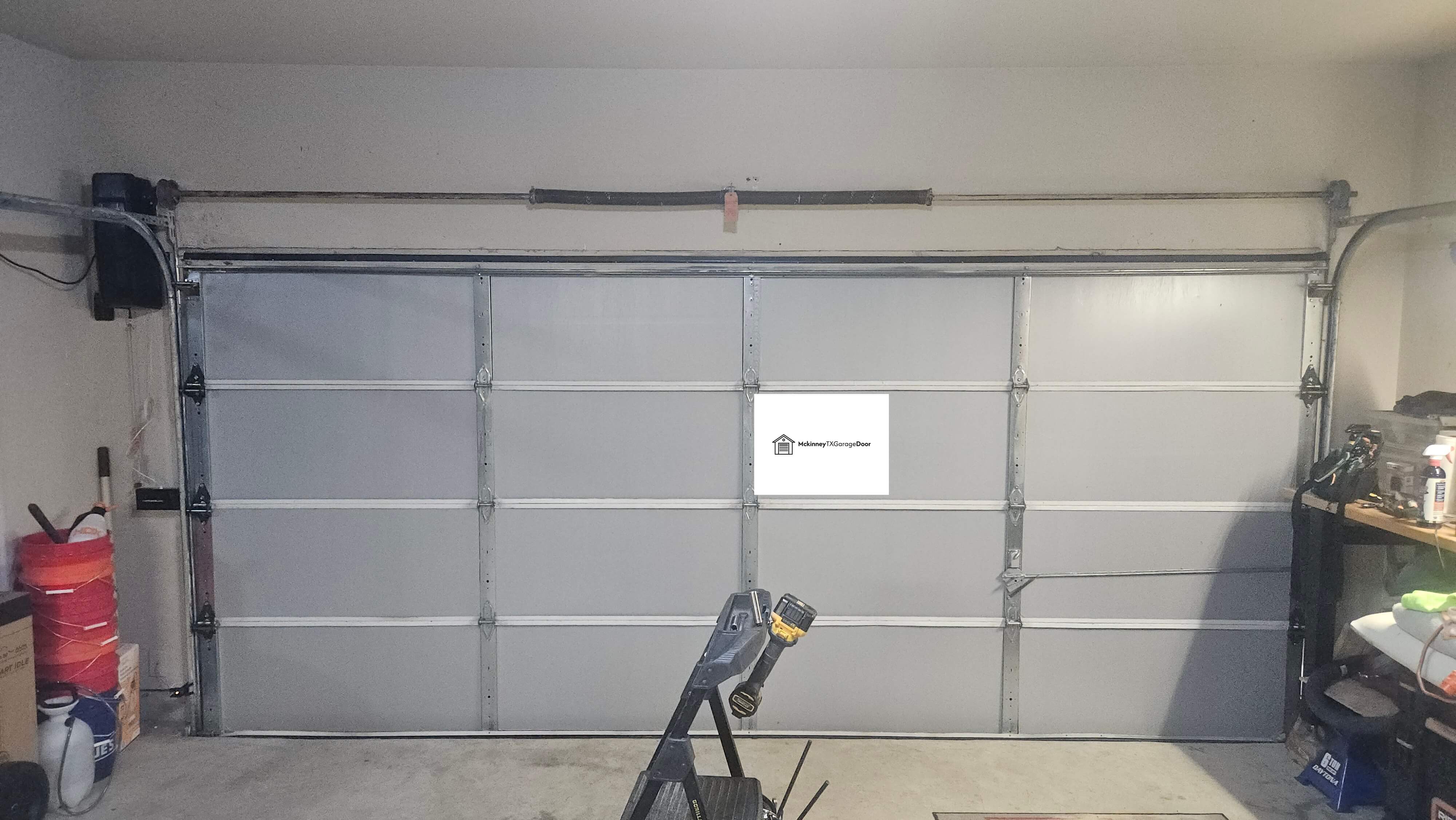
Located approximately 30 miles north of Dallas, McKinney is a vibrant and fast-expanding city situated in the core of Collin County. The charming streets of McKinney, which are lined with trees, beautiful old buildings, and it is also home to award-winning schools, it is indeed a place where the small-town charm meets the big-city convenience. The city has become a magnet for residents and visitors with its safety, which has made it one of the best places to live in the country, along with its strong job market and the excellent quality of life.
Downtown McKinney is a major draw. The historic square, which is uniquely preserved and offers one-of-a-kind shopping experiences, local eateries, art studios, and performance venues is the core of this area. The city also has more than 40 parks, walking and biking trails, nature areas, and recreation centers that are family-friendly.
McKinney is the headquarters of diverse communities and a rapidly expanding housing market and is among the best places to work in sectors like healthcare and education and technology. It is an excellent location for raising a family or setting up a business because of the commitment to sustainability, community participation, and respect for cultural heritage.
Regardless of whether you are an old-timer or a newcomer to McKinney, the city remains to be a prominent welcoming, innovative, and preoccupied with the community.
First and foremost, we need to understand that garage door systems utilizing extension springs have existed ever since the early 1900s to 1950s. They started being common as households incorporated more and more garage doors that open overhead. At the beginning, these were installed in pairs, one on each side of the horizontal track, and used as a low-cost solution to counteracting the weight of the door through the stretch: contract action. For many years, they were the main reference in residential garage doors, particularly for single-car garages and lighter weight doors.
Even though torsion springs are more prevalent in modern garages that are favored for their smoother functionality and better security, extension springs are still widely used, in fact, they are for many homes across the States.
Budget-Friendly: Extension springs are mostly considerably cheaper than torsion springs, thus making them an economical option for people who wish to use them.
Less Complicated: Unlike torsion systems which can sometimes be difficult to operate, these springs are relatively easy to change or adjust, especially for people with light technical skills.
Space Saving: These are the best for garages with low ceilings since they will be installed along the horizontal track and not above the door.
Ubiquitous: Extension springs are found in many different sizes and strengths to fit different garage door weights.
Trustworthy: With proper maintenance, the extension springs can efficiently perform and keep the door in a balanced state.
Older types of extension spring systems can represent a danger if they break, as the springs are stretched under tension. New systems, on the other hand, have safety cables that run through the springs and keep them together in case of a breakage, thus, they minimize the damage and prevent injuries.
R-value is a unit of measure for thermal resistance. Thus, a higher R-value indicates better insulation of the material from heat or cold. Terminology of R-value for garage doors is the indicator of the door to its ability to hysterically keep the temperature stable in the interior, hindered or attached garages for example.
Non-Insulated Doors: R-0 to R-1
Polystyrene Insulated (Single Layer): R-4 to R-7
Polystyrene Insulated (Double Layer): R-7 to R-9
Polyurethane Insulated (High Efficiency): R-10 to R-18+
Energy Efficiency: Big R-values are responsible for lessened heat/cooling loss and as a result lower utility bills.
Comfort: It makes the garage interior feel warmer in winter and cooler in summer.
Protection: It helps regulate the temperature of the items stored in the garage (tools, appliances, vehicles).
Noise Reduction: Insulated doors, which are of higher R-values, are also more plastic at sound isolation.
Durability: Heavier insulated doors that are more likely are robust against dings and dents.
Detached Garage (non-climate controlled): R-0 to R-6 is desired usually.
Attached Garage or Climate-Controlled: It is preferred to have R-9 to R-13+.
Workshops or Living Spaces Above Garage: It is suggested to use R-13 to R-18 for the maximum efficiency.
The gauge of a garage door hinge refers to the thickness of the metal used. Lower gauge numbers indicate thicker, stronger steel. For example, a 11-gauge hinge is thicker and more durable than a 14-gauge hinge.
| Common Garage Door Hinge Gauges | ||
|---|---|---|
| Gauge | Thickness (inches) | Typical Use |
| 11 | ~0.120" | Heavy-duty commercial or industrial doors |
| 12 | ~0.109" | High-cycle or heavy residential doors |
| 13 | ~0.095" | Standard premium residential use |
| 14 | ~0.075" | Common for most standard residential doors |

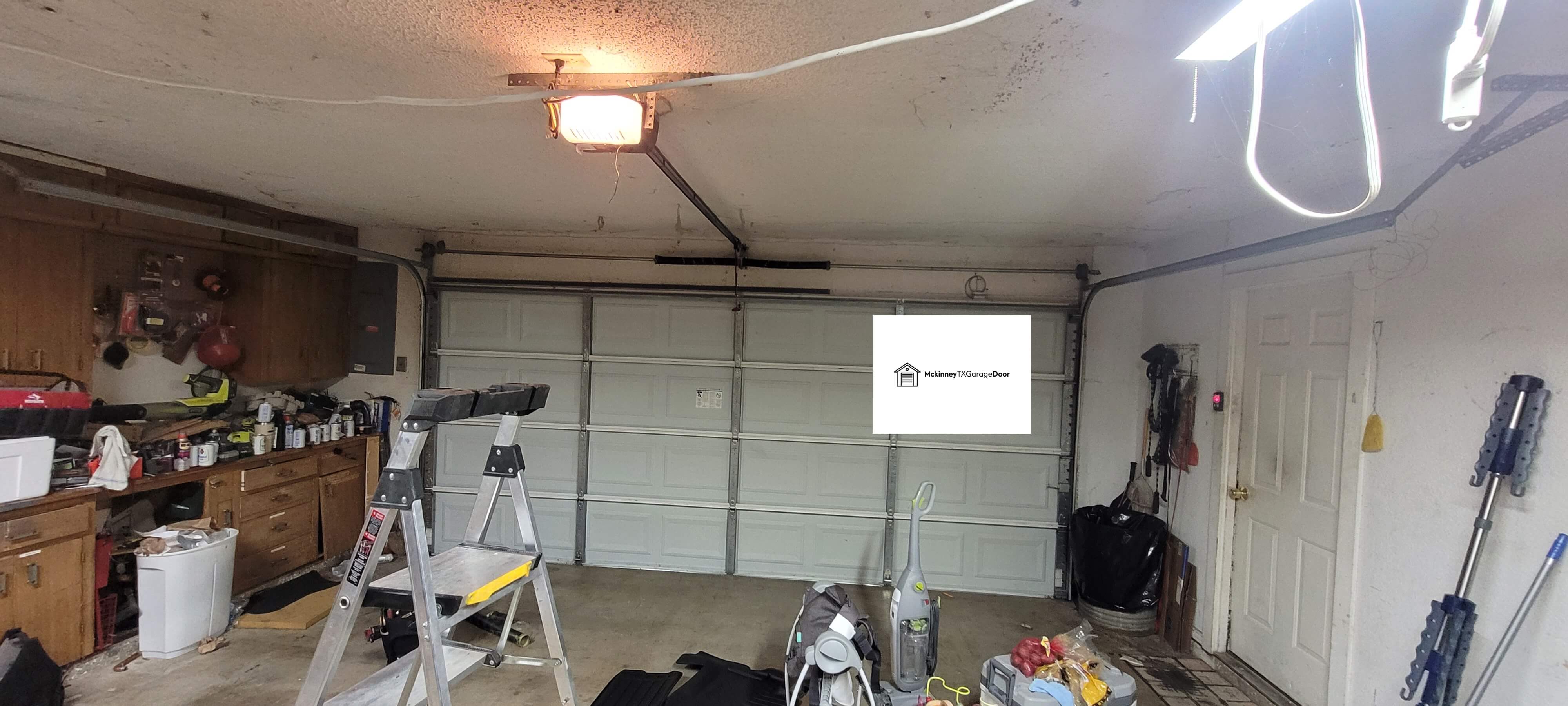
Durability: Lower-gauge hinges last longer, especially on heavy or high-usage doors.
Cycle Life: Thicker hinges resist metal fatigue and stress cracking.
Noise Control: Higher-quality, lower-gauge hinges contribute to smoother, quieter operation.
Safety: Heavy-duty hinges better withstand wear and tear, reducing risk of failure.
For single-car residential doors, 14-gauge is typically sufficient
For double-car or insulated doors, 13 or 12-gauge is often recommended.
For commercial or high-cycle doors, use 11-gauge for maximum strength.
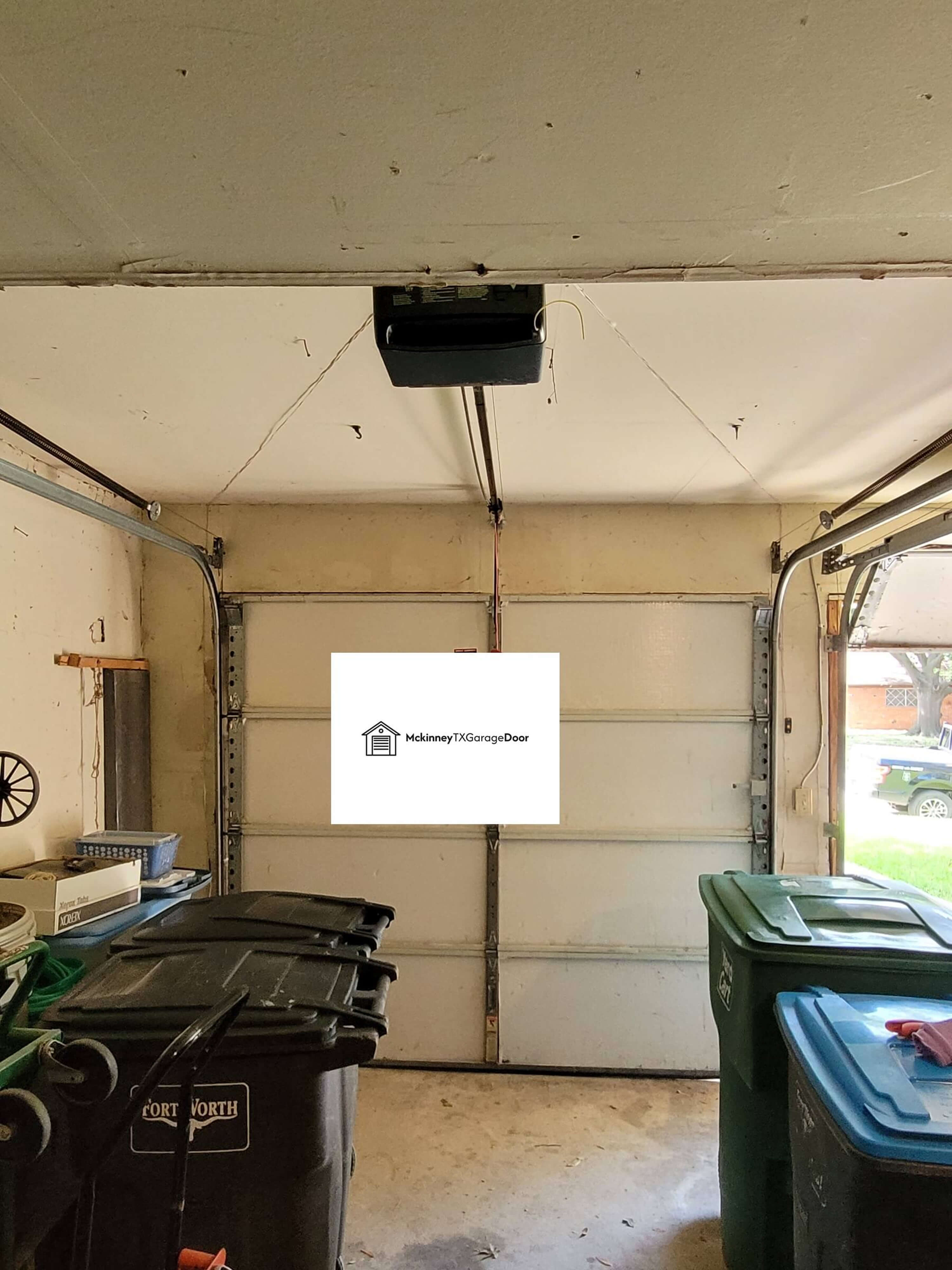
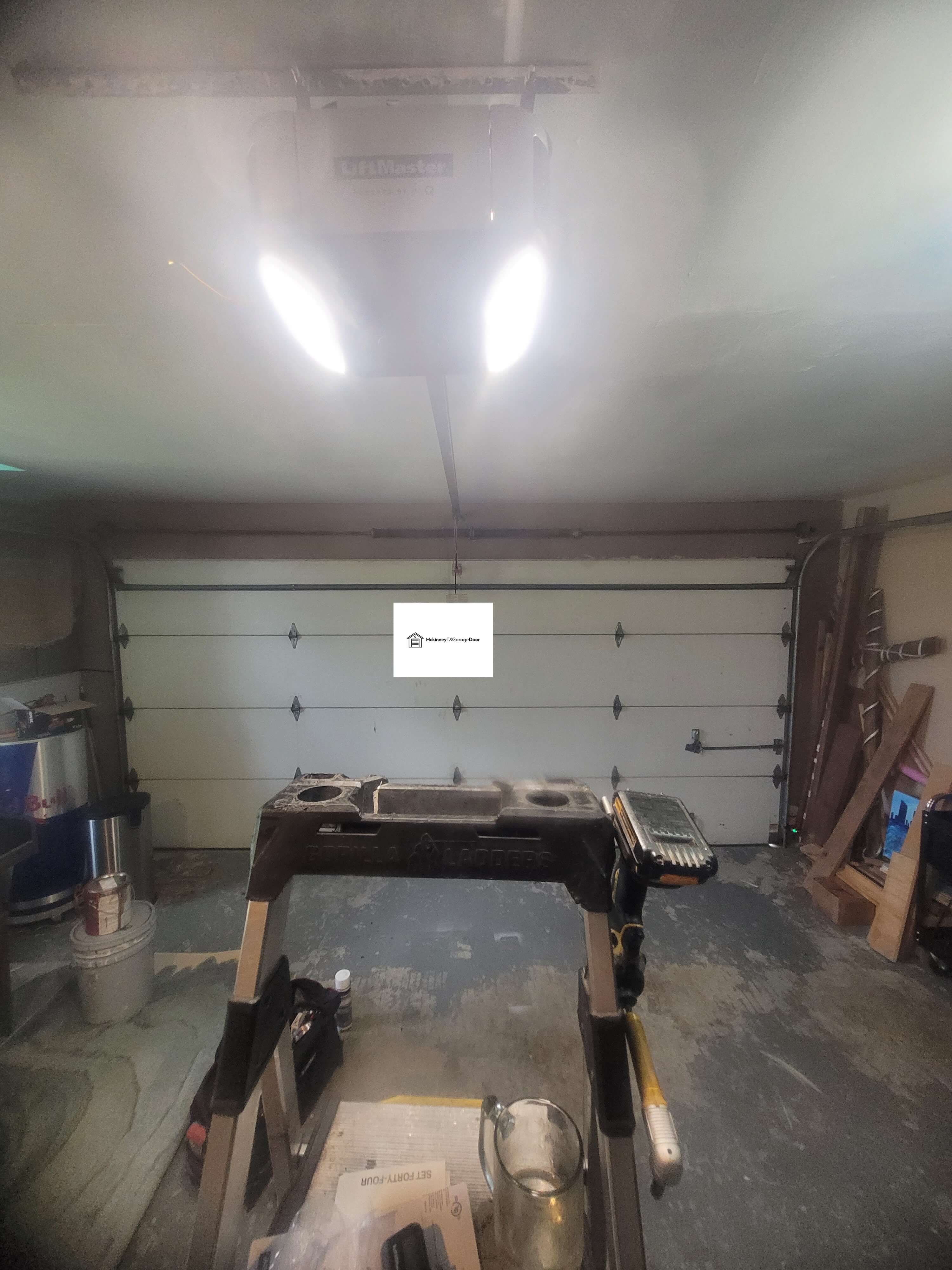
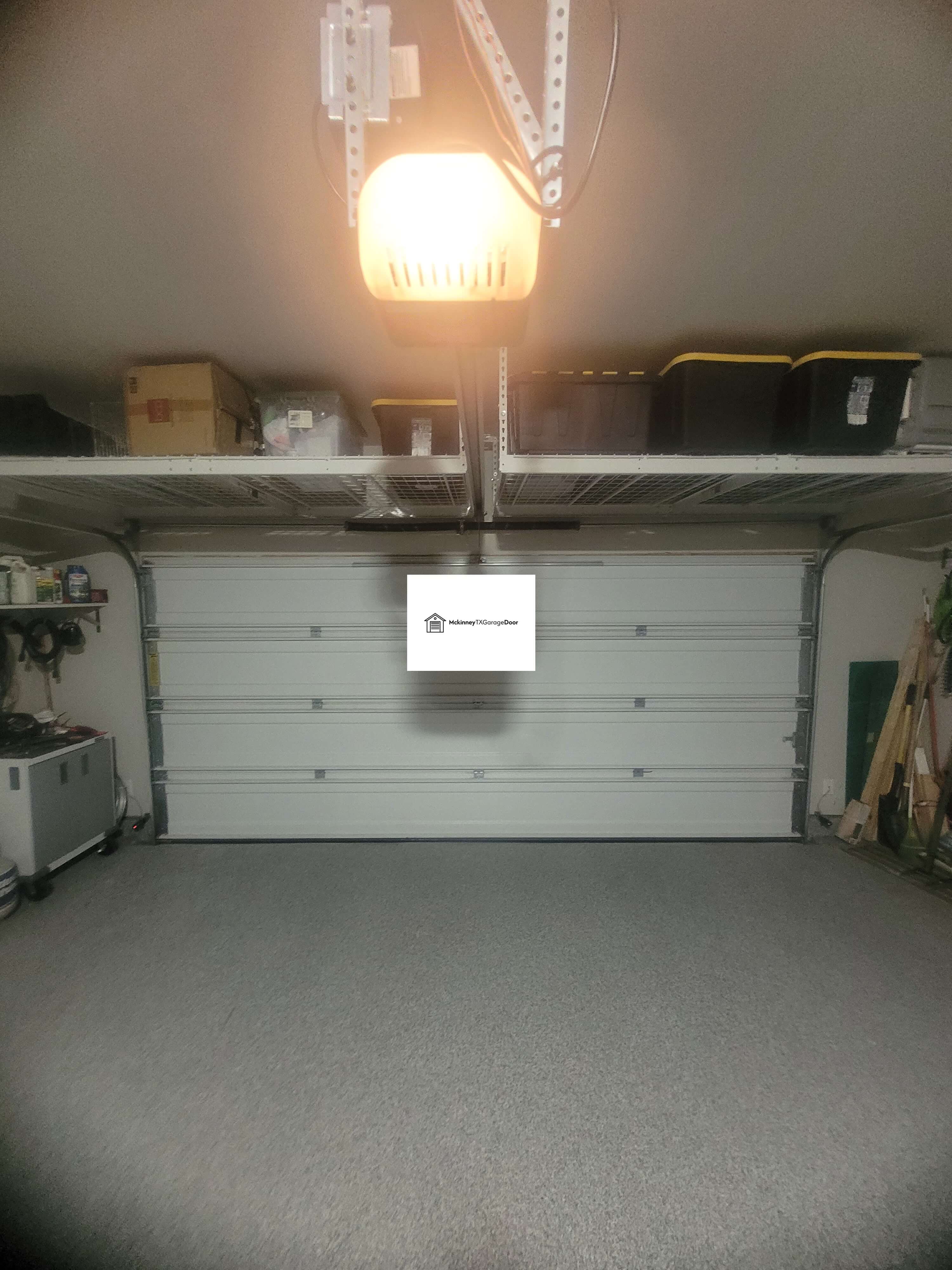
15,000 to 25,000 cycles (1 cycle = 1 open & close).
Higher-cycle options (up to 50,000+) are available.
Designed for smoother, more balanced operation with less wear.
Safer when they break — they unwind rather than snapping.
Require less frequent adjustment and hold balance longer.
More expensive up front, but more cost-effective over time due to longevity.
5,000 to 10,000 cycles.
More prone to wear, stretching, and sudden failure.
Require safety cables to prevent injury if they snap.
Need more frequent adjustment and are less efficient in balancing.
Lower initial cost, but may require more frequent replacement.
Torsion springs finish with a significantly brighter lifespan than the rest and are the best choice in the long term. Along with additional safety, reliability, and efficiency, these springs also benefit heavily or frequently used garage doors opposed to others.
McKinney, located in Collin County, has experienced multiple tornadoes over the years, including some strong ones. The region sees occasional tornado activity, especially in spring.
The annual odds of a direct tornado strike on a single home are very low — estimated at about 1 in several million. However, the region's overall exposure to tornadoes is moderate to high due to its location.
McKinney is near the southern edge of what’s commonly referred to as “Tornado Alley,” meaning it sees a higher-than-average number of storms and tornado threats, especially during peak season.
One of the most significant tornado events in McKinney's history occurred in 1948, when a powerful storm caused widespread damage and fatalities.
| Summary Table | |
|---|---|
| Category | Details |
| Peak Tornado Season | March–May (can extend into summer and fall) |
| County Tornado Activity | Regular, with some EF2+ events historically recorded |
| Direct-Hit Probability | Very low (but not zero) |
| Tornado Alley Proximity | Yes – elevated risk regionally |
| Notable Tornado Event | Strong tornado in 1948 with major damage |
McKinney does face a moderate tornado risk, especially in spring, but a direct strike is unlikely for any one home. Preparedness, awareness, and proper insurance are the best ways to stay safe.
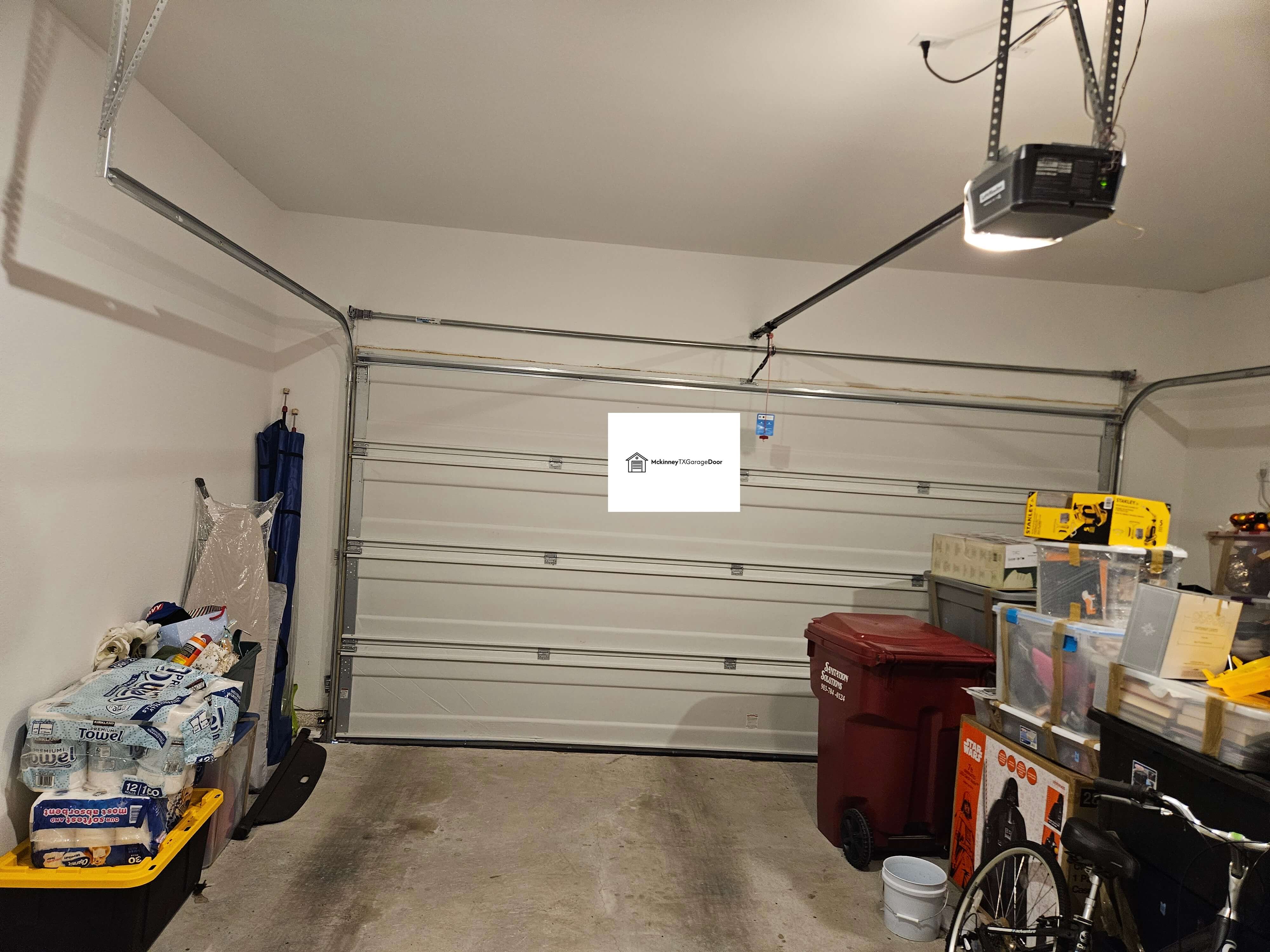
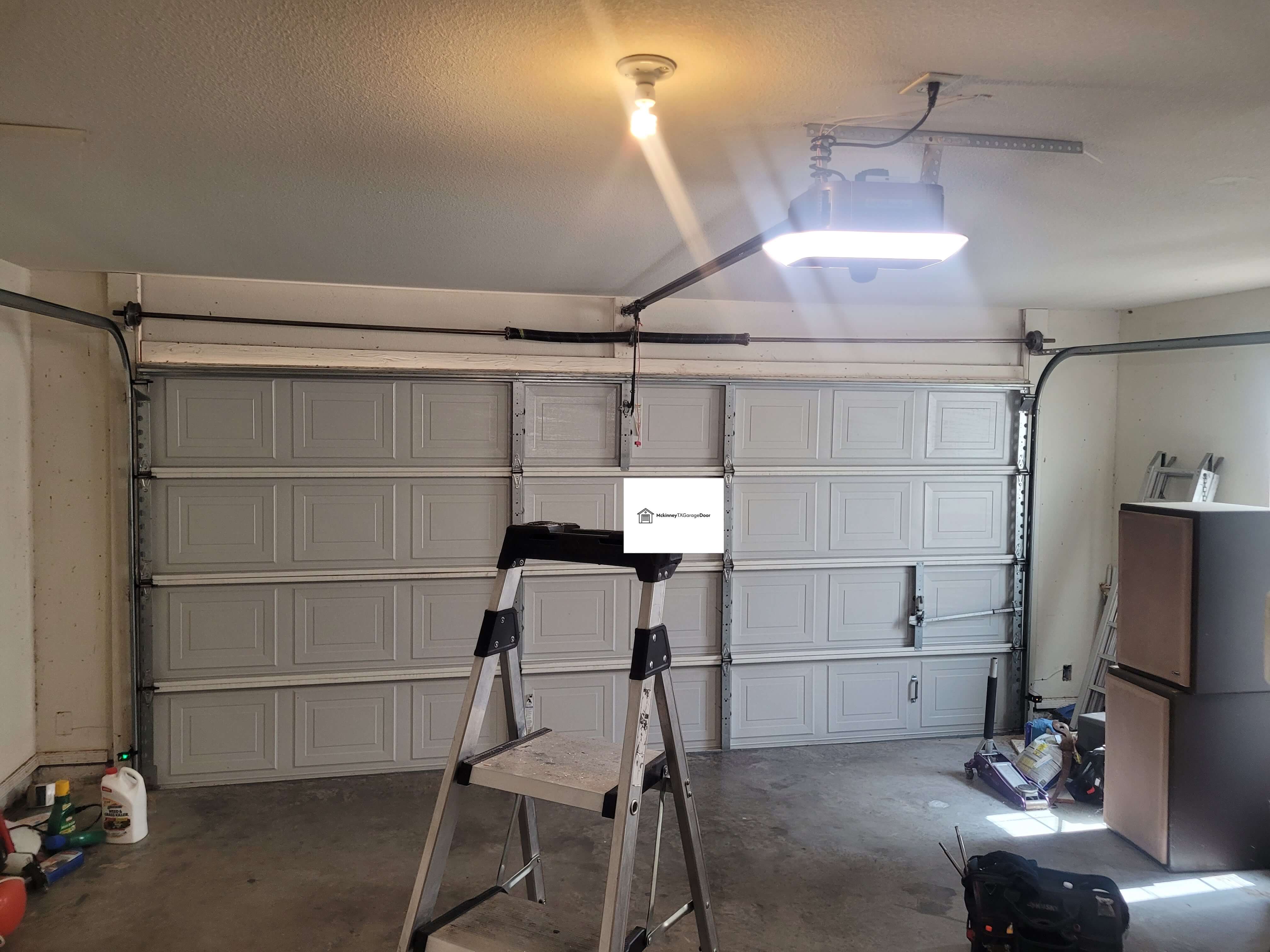
| Zip codes in Mckinney Texas | Diagnostic Fee for Repair / Install | Broken Spring Replacement | Opener Repair | Rollers Replacement | Door Off Track Repair |
|---|---|---|---|---|---|
| 75069 | Free / No Charge | $141 – $348 | $158 – $369 | $149 – $287 | $167 – $342 |
| 75070 | Free / No Charge | $141 – $348 | $158 – $369 | $149 – $287 | $167 – $342 |
| 75071 | Free / No Charge | $141 – $348 | $158 – $369 | $149 – $287 | $167 – $342 |
| 75072 | Free / No Charge | $141 – $348 | $158 – $369 | $149 – $287 | $167 – $342 |
| Cities Near Mckinney Texas | Diagnostic Fee for Repair / Install | Broken Spring Replacement | Opener Repair | Rollers Replacement | Door Off Track Repair |
|---|---|---|---|---|---|
| Allen | Free / No Charge | $141 – $348 | $158 – $369 | $149 – $287 | $167 – $342 |
| Frisco | Free / No Charge | $141 – $348 | $158 – $369 | $149 – $287 | $167 – $342 |
| Plano | Free / No Charge | $141 – $348 | $158 – $369 | $149 – $287 | $167 – $342 |
| Prosper | Free / No Charge | $141 – $348 | $158 – $369 | $149 – $287 | $167 – $342 |
| Anna | Free / No Charge | $141 – $348 | $158 – $369 | $149 – $287 | $167 – $342 |
| Melissa | Free / No Charge | $141 – $348 | $158 – $369 | $149 – $287 | $167 – $342 |
| Princeton | Free / No Charge | $141 – $348 | $158 – $369 | $149 – $287 | $167 – $342 |
| Fairview | Free / No Charge | $141 – $348 | $158 – $369 | $149 – $287 | $167 – $342 |
| Celina | Free / No Charge | $141 – $348 | $158 – $369 | $149 – $287 | $167 – $342 |
| New Hope | Free / No Charge | $141 – $348 | $158 – $369 | $149 – $287 | $167 – $342 |
| Lowry Crossing | Free / No Charge | $141 – $348 | $158 – $369 | $149 – $287 | $167 – $342 |
| Lucas | Free / No Charge | $141 – $348 | $158 – $369 | $149 – $287 | $167 – $342 |